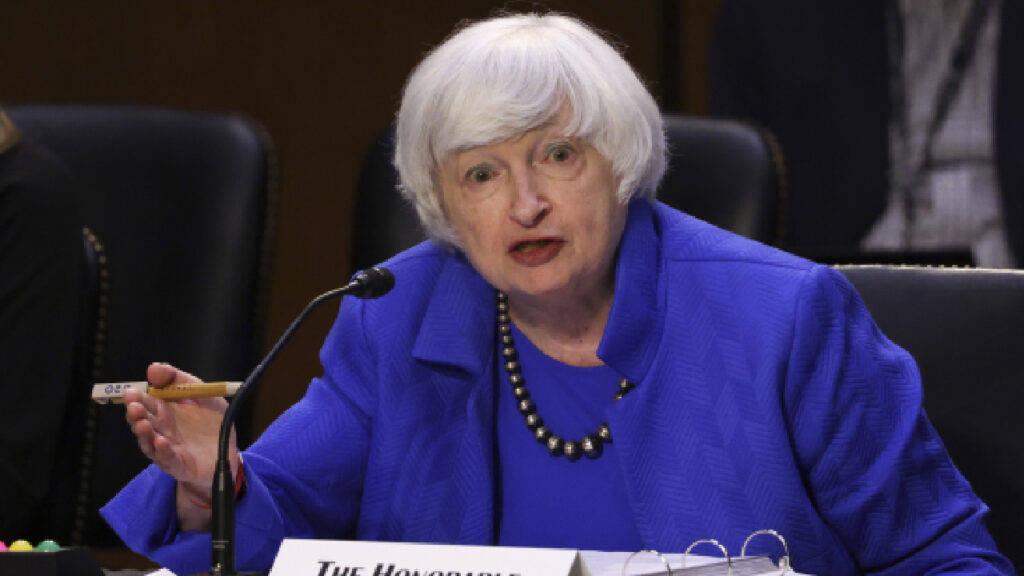Opinion
Opposition Arises Against Yellen’s Global Tax Opines Wall St Jnl
Wall St Jnl New.- House Republicans have recently cautioned governments worldwide that there is significant dissent within Washington regarding the endorsement of a new global corporate tax initiative. This message has been acknowledged, as lawmakers in the United Kingdom and other countries are expressing reservations about the plan, despite the advocacy by U.S. Treasury Secretary Janet Yellen for higher taxes.
Over the weekend, Priti Patel, a prominent member of the British parliament from the ruling Conservative Party, launched a rebellion against her own Prime Minister’s proposal to adopt global taxes. The plan, devised by the Organization for Economic Cooperation and Development (OECD), involves implementing an excess-profits tax targeting tech and pharma companies, along with a globally mandated minimum effective corporate tax rate of 15%.
Yellen embraced this proposal with the hope that it would exert pressure on Congress to raise U.S. tax rates. Foreign governments, such as the administration of U.K. Prime Minister Rishi Sunak, saw an opportunity to increase revenue without worrying about policy competition.
However, other governments are now realizing that the U.S. Congress is not fully on board with Yellen’s agenda. The implementation of the excess-profits tax would require Senate ratification of changes to existing tax treaties, which is unlikely. Republicans on the House Ways and Means Committee recently introduced a bill that threatens tax retaliation against governments imposing key components of the 15% minimum tax on U.S. companies.
Get Wall St Jnl And Bloomberg 5 year combo for $129
Ms. Patel, citing the opposition from the GOP, is advocating for a slowdown or halt to the implementation of global taxes in Britain. She astutely observes that the OECD is targeting governments that attempt to enhance business competitiveness through tax reductions while endorsing governments that provide subsidies, even if disguised as tax credits.
The European Union has granted some governments a grace period of up to six years to implement the agreement, if they choose to do so. Countries like Singapore and Hong Kong are delaying the implementation of the minimum tax until at least 2025, one year after the OECD’s target date. While Swiss voters supported the plan in a recent referendum, they appear to be outliers in this regard.
Congress’s skepticism towards Yellen’s attempt to utilize the OECD plan to coerce lawmakers into imposing tax increases that would diminish the competitiveness of U.S. firms is well-founded. They are not alone in their skepticism of this global tax initiative.

